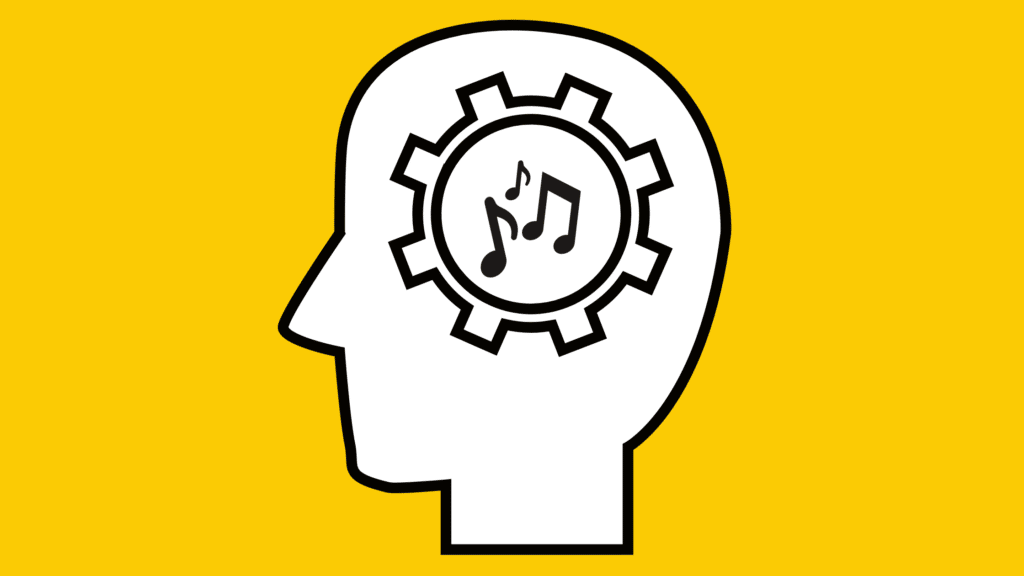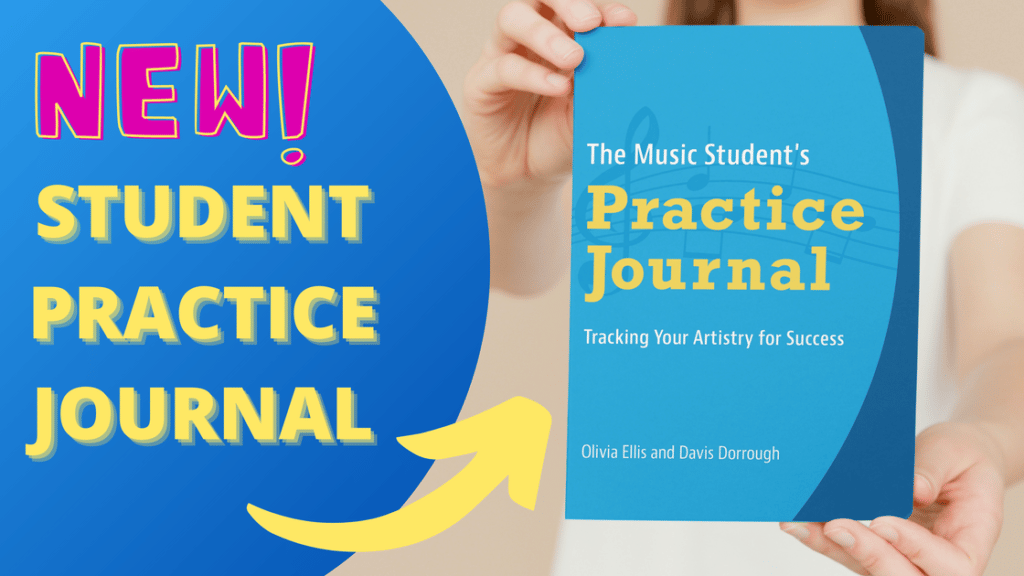The myth: You should memorize your piece after you learn to play it.
The truth: It can be more beneficial to memorize your piece as you learn it.
You know the drill…learn the notes, work on musicality, and then commit the piece to memory. Right?
Actually, memorizing as you learn a piece, rather than after you learn it, can have a positive effect on your music practice. It not only solidifies your memory but also helps you learn the piece better. And even though many musicians are using tablets or sheet music during performances, it is still important to memorize parts of your pieces to be able to both play and practice well.
One function of memorization often cited is to provide more musical freedom. In fact, music educator and researcher Edgar Ross says memorization is required in order “to devote full concentration to musical concepts.”[1] Ross’s statement suggests that memorization is the gateway to a final performance. However, if incorporated early enough into the learning process, memorization can help with much more.
Here are a few ways that early memorization boosts your practicing:
Efficiency
Memorizing while you learn means you are completing two tasks at once! You are internalizing the music as you learn it which ends up saving you time. It may take more time initially, but you are making the whole process more efficient.
The beauty of memorizing early in the learning process is that you actually have more time to work on memory. There is no need to cram sections of music into your brain, especially at the last minute. The process is much more enjoyable this way!
Accuracy
How many times have you learned something incorrectly and had to go back and relearn notes or fingering? It can be difficult (or seemingly impossible sometimes!) to rework music after it is embedded in your playing. Memorizing early forces you to check your notes and fingering early in the process.
Analysis
As you learn a piece, it is helpful to analyze the music and notice repeats, sequences, scale patterns, and other musical devices that can be memorized quickly.
Here is a section of Schubert’s Sonata in A major. When you identify the scales that are played in octaves, and you remember the order in which the scales occur, this section becomes easy to memorize and aids in quick and accurate learning.
Schubert Sonata in A Major, D. 664, I. Allegro moderato

Fluidity
Many passages are simply too fast to read at tempo. In these situations, you are ultimately memorizing groups of notes, even if the sections around them are not learned yet. Here is an example from Liszt, where memorizing would allow you to play the music fluidly and closer to tempo.
Liszt Concert Etude No. 3, “Un sospiro,” S. 144

Furthermore, this also allows you to better isolate technical problems. Memorizing exercises and short technical passages allows you to focus on what your body is doing rather than be worried about the notes.
Practicality
Memorizing can also make some everyday tasks easier. For example, if there is a tricky page turn that you can’t quite get in time, memorizing and turning once you reach a rest solves the issue! You can also start performing small sections of pieces for feedback as soon as you have them memorized. And there is something to be said for being able to sit down at a piano in passing and try out a passage without needing to grab some sheet music.
Accountability
Memorization is a tangible goal to ensure you are making regular progress. When organizing your practice, make realistic memorization goals. Have a weekly or even daily goal of just a few measures or more. Once you start completing these small goals, you will be able to tackle larger ones. One of our favorite goal-setting products is The Music Student’s Practice Journal. It has some excellent pages devoted to memory goals. Check it out here.
Final Thoughts
Memorization is not an all or nothing event; it is part of the journey you take with each piece. Above all, enjoy that process of learning music and don’t be afraid to start memorizing even before you have “learned all the notes.”
[1] Ross, Edgar. “Improving Facility in Music Memorization.” Journal of Research in Music Education 12, no. 4 (1964): 269–78. https://doi.org/10.2307/3343717.

Dr. Olivia Ellis teaches piano, group piano, pedagogy, and chamber music at Messiah University in Mechanicsburg, Pennsylvania. She’s an editor for Piano Magazine and has published several books including the Easy Piano Lead Sheets and Chord Charts series. She’s constantly creating new activities and games to teach concepts, and loves helping other teachers find their niche.



